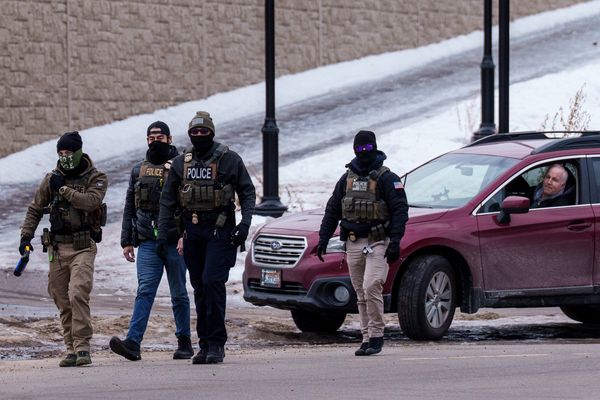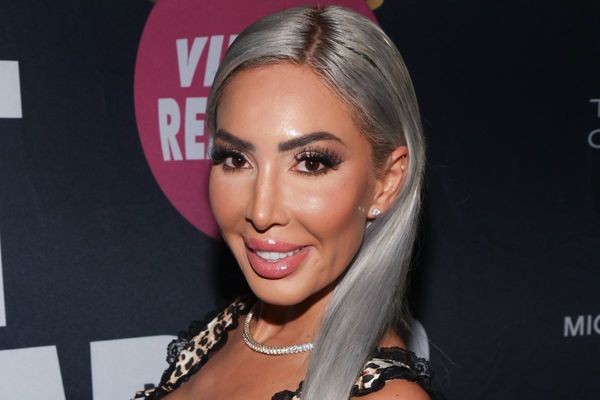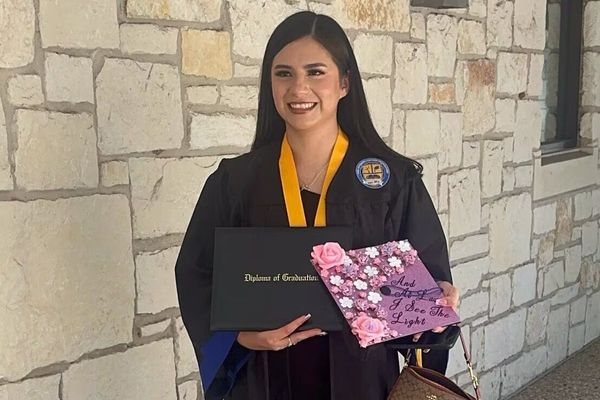
Anthony Albanese has branded it “dumb” to suggest outcomes for Indigenous Australians can improve without a voice to parliament in the constitution, muscling up to conservative critics of the referendum proposal.
The prime minister made the comment in a testy interview on 2GB Radio, warning that media have a responsibility not to “raise red herrings” and urging Australians to read about the actual question for themselves.
After the campaign yes and no pamphlets were published by the Australian Electoral Commission on Tuesday, Albanese said the yes case “is positive” and “doesn’t misquote anyone” or “attempt to verbal anyone as [constitutional academic] Greg Craven was with the no pamphlet”.
Broadcaster Ben Fordham repeatedly asked Albanese why the government is not proposing symbolic constitutional recognition and legislating the voice, urging him not to “risk” recognition “by getting it tied up with the voice”.
“I’m a pragmatic guy,” Albanese replied, adding that “Indigenous Australians themselves … don’t just want recognition, the symbolism of recognition”. “They want something that will make a practical difference to their lives.”
Albanese said the proposal “hasn’t come from politicians” but rather the Uluru statement from the heart.
When Fordham suggested that the constitutional change will create “an exclusive group and the voice will have influence not afforded to other sections of society”, Albanese responded that “talking about Indigenous Australians having special rights ignores the fact that this is the most disadvantaged group in Australia”.
“There is an eight-year life expectancy gap. There is a greater chance of Indigenous young male going to jail than going to university.”
Albanese was asked a series of hypotheticals, including how he would respond if the voice asked to lower the pension age for Indigenous Australians. He replied it would be up to government to make decisions “based on representations”.
Albanese said the government had “no plans” to change Australia Day, and “of course” it will say no if it doesn’t agree with the voice “as is made very clear by the wording that’s been put forward is the parliament remains supreme”.
Asked about Thomas Mayo’s suggestion the voice will help pressure governments to “pay the rent”, Albanese said he disagreed with compensation, answering “no” when asked if there will be reparations for First Nations Australians.
Asked about Megan Davis’ claim the voice could make representations to the Reserve Bank, Albanese ruled it out: “Well, I can’t talk directly to the RBA board, and I’m the prime minister. No, Ben.”
Both those claims are contained in the official no pamphlet, with Davis’ quote on the RBA in the section subtitled “no issue is beyond its scope” and Mayo’s on reparations in the section claiming the voice “opens the door for activists”.
Albanese noted “those quotes are from the no pamphlet”, but Fordham rejected suggestions he was reading from it, insisting they were his “own questions that I have written … so that I don’t misquote people”.
Albanese said: “You have a responsibility, as well, to talk about what the voice is about, not Thomas Mayo, or what some other individual has said ... People need to not raise red herrings.”
Albanese has previously suggested the “broader community is confused” about the level of support for the voice among Indigenous Australians because of the prominence of some Indigenous Australians in the no camp.
Fordham argued that the “mildly popular voice is going to bring down the overwhelmingly popular and long overdue recognition for Indigenous Australians in the constitution”, urging Albanese “don’t risk it”.
“Ben, I’m not risking it,” he replied. “What I’m doing is supporting recognition, supporting recognition in a way that will make a practical difference.
“We need better outcomes. We can’t just be doing things the same way and expect different results. That’s the definition of being dumb.
“If we just keep doing things the same way, we need to do things better, we need to listen to Indigenous Australians about matters that affect them.”
Albanese said the government is “having a crack here”, after advocates including Tom Calma, Pat Anderson, Marcia Langton and Noel Pearson had all said “this is an opportunity to make this great country just that little bit greater”.
“I just say to you, and I say to your listeners … read the question, which you’re going to be asked about. Isn’t about anything else, it’s not about treaty, it’s not about compensation.
“It’s simply about listening in order to get better outcomes.”
Labor was elected in May 2022 after committing to put the voice to a referendum.
Despite the fact the Morrison government had also backed a referendum, bipartisanship on the issue soon splintered with the Nationals opposing the voice in November and the Liberals following suit in April.
Support for the voice in public opinion polls has declined from above 60% in favour last year to about 50/50, on average.
The latest Guardian Essential poll found 47% of respondents in favour of the constitutional change, 43% opposed and 10% who said they were unsure.







